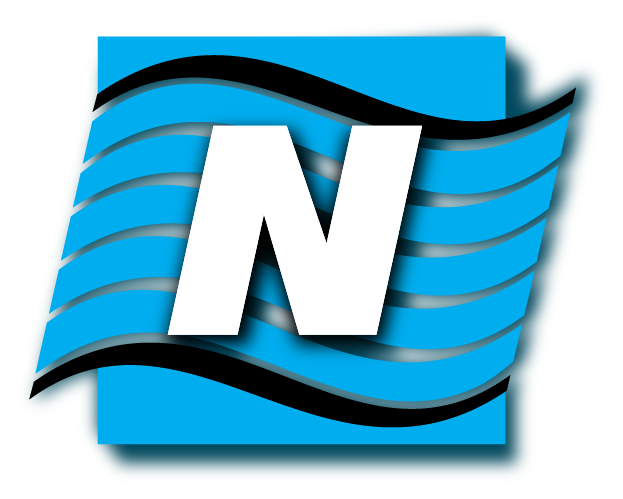
Basic Safety Training for Yacht Personnel
Description of the course
Price
The price is 450 EUR.
The price is 450 EUR.
Certificate validity
Certificate is valid 5 years.
Certificate is valid 5 years.
Objectives of the course
- In this course the participants should gain the knowledge and skills of:
- Personal Survival Techniques (PST);
- Fire Prevention and Fire Fighting (FPFF);
- Elementary First Aid (EFA);
- Personal Safety and Social Responsibilities (PSSR).
Course contents
The Training course covers the following topics:
Module 1: Personal Survival Techniques (PST)
Module 2: Fire Prevention and Fire Fighting (FPFF)
Module 3: Elementary First Aid (EFA)
Module 4: Personal Safety and Social Responsibilities (PSSR)
The Training course covers the following topics:
Module 1: Personal Survival Techniques (PST)
- Introduction to survival equipment;
- Life-saving appliances and survival craft;
- Emergency situations and signals;
- Procedures for abandoning ship;
- Techniques for personal survival at sea.
Module 2: Fire Prevention and Fire Fighting (FPFF)
- Fire theory and types of fires;
- Fire prevention measures;
- Fire detection and alarm systems;
- Types of fire extinguishers and their use;
- Firefighting equipment and procedures.
Module 3: Elementary First Aid (EFA)
- Body structure and functions;
- Basic life support (BLS) and CPR;
- Treatment of bleeding, burns, and fractures;
- Dealing with hypothermia and shock;
- Use of first aid kits and equipment;
- Rescue and transport of casualties.
Module 4: Personal Safety and Social Responsibilities (PSSR)
- Safe working practices on a yacht;
- Understanding emergency procedures;
- Social responsibilities and teamwork;
- Pollution prevention and environmental awareness;
- Communication and coordination.
Location
Riga, Latvia
Riga, Latvia
Target group
The Basic Safety Training (BST) course is primarily intended for:
The Basic Safety Training (BST) course is primarily intended for:
- Individuals Who Are Going to Become Seafarers on Yachts: This includes anyone who is new to the maritime industry and intends to work on yachts, whether in roles such as captain, deckhand, engineer, steward/stewardess, or any other crew position.
- Existing Seafarers Who Need to Refresh Their Knowledge and Skills: Experienced crew members who are required to undergo periodic refresher training to maintain their certification and stay updated with current safety practices and regulations.
Approval
The course is complies all requirements of STCW Code Section A-VI/1: This section details the mandatory minimum requirements for familiarization and basic safety training and instruction for all seafarers, including those on yachts. It specifies the necessary competencies, including personal survival techniques, fire prevention and firefighting, elementary first aid, and personal safety and social responsibilities.
The course is complies all requirements of STCW Code Section A-VI/1: This section details the mandatory minimum requirements for familiarization and basic safety training and instruction for all seafarers, including those on yachts. It specifies the necessary competencies, including personal survival techniques, fire prevention and firefighting, elementary first aid, and personal safety and social responsibilities.
Training approaches and equipment
During training course theoretical lessons are given using PowerPoint presentations and practical exercises:
During training course theoretical lessons are given using PowerPoint presentations and practical exercises:
- Donning Life Jackets: Practice putting on life jackets correctly.
- Abandon Ship Drills: Simulate abandoning the yacht and boarding a life raft with special effects such as: waves, thunder, wind and rain.
- Survival at Sea: Techniques such as HELP (Heat Escape Lessening Position) and huddling in water, Helicopter rescue by sling.
- Rescue Techniques: Using signaling devices to attract rescuers.
- Fire Extinguisher Use: Practical use of different types of fire extinguishers.
- Firefighting Drills: Simulated firefighting in confined spaces.
- Smoke Escape: Navigating through a smoke-filled environment.
- Team Coordination: Coordinating with team members during firefighting.
- CPR Practice: Hands-on practice of cardiopulmonary resuscitation on mannequins.
- Bandaging and Splinting: Techniques for bandaging wounds and splinting fractures.
- Recovery Position: Practicing the recovery position for unconscious but breathing individuals, chokes.
- Scenario-Based Drills: Simulated medical emergencies to apply first aid skills.
- Safety Briefings: Conducting and participating in safety briefings.
- Emergency Muster Drills: Practicing muster station procedures.
- Team-Building Exercises: Activities to enhance teamwork and communication.
- Environmental Drills: Proper disposal of waste and handling of pollutants.
Duration of the training course
The duration of the Yachtsmen Basic Safety training course is 4 working days.
The duration of the Yachtsmen Basic Safety training course is 4 working days.
Income requirements
To be assigned on Basic Safety training course, participant should present:
To be assigned on Basic Safety training course, participant should present:
- Valid identity document (passport/ID card);
- Seafarer’s Physical examination certificate (international certificate issued in accordance with STCW in EU/EEZ).
You might also be interested in following courses:
Check the course days on our calendar
Course in pictures:
Contact us

